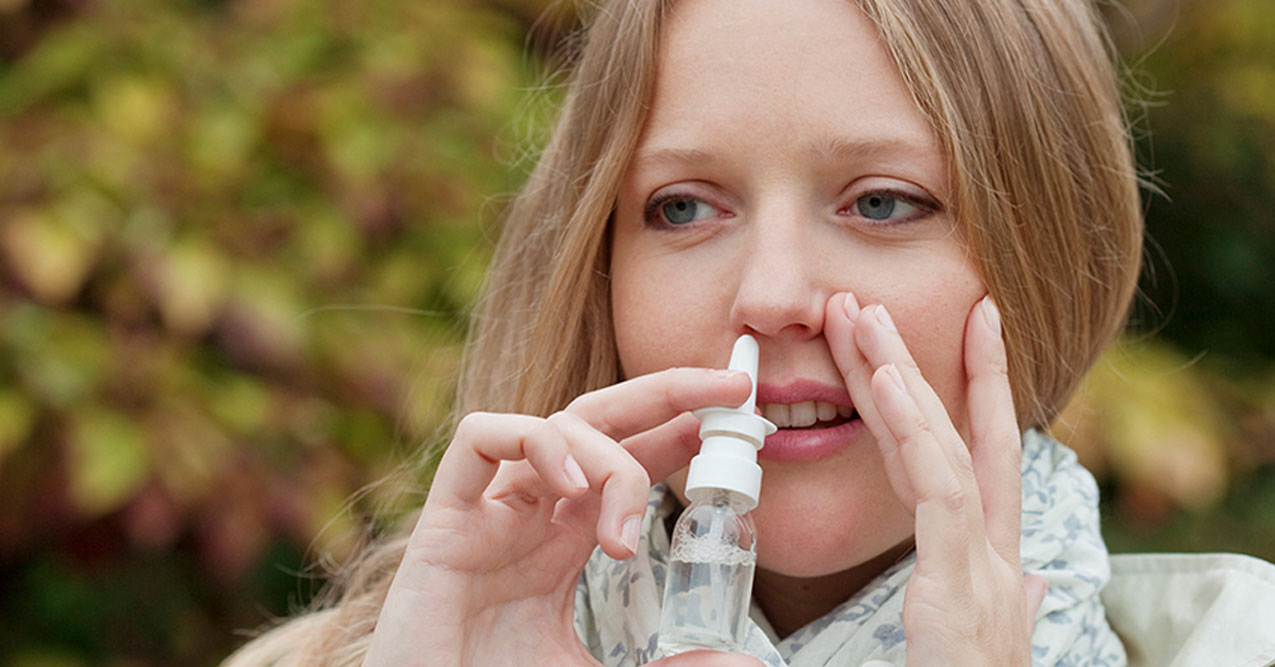
Saline Irrigation
A common condition which occurs when patients experience inflammation in the nose and paranasal sinuses for at least 12 weeks is known as chronic rhinosinusitis. Those with chronic rhinosinusitis may face a blocked nose, discharge from the nose, pain or pressure in the face, and a reduced sense of smell. They may also have nasal polyps - an abnormal tissue growth that looks like small, flat bumps or mushroom-like stalks.
Restoring the function of the mucus is the main goal of treating chronic rhinosinusitis and other chronic airway conditions. In recent years, nasal irrigations have played a vital role in the treatment and management of chronic rhinosinusitis and similar conditions. Nasal irrigations involve passing a water or saline solution through the nasal passages through a variety of rinsing devices such as bulb syringes, neti pots, or battery-operated pulsed water devices.
Nasal irrigations are designed to reduce inflammation, which is one of the most common causes of blocked sinuses. Blocked sinuses allow mucus to build up and create the ideal environment for viruses and bacteria to grow. By cleaning the sinuses of mucus, nasal irrigations can provide incredible relief to patients with chronic rhinosinusitis. While there are various form of nasal irrigations available, it's been proven that high volume nasal irrigations offer the greatest benefits.
Although nasal irrigations may seem novel, they have actually been around since the 15th century. Believe it or not, the initial description of the nasal irrigations can be found in the British Medical Journal, which was published in 1985. In 2007, there was a review on nasal irrigations, which showed that they are an effective way to help patients with chronic rhinosinusitis and similar chronic airway conditions.
It is important to understand that nasal irrigations are considered mechanical interventions. Rather than enhancing the mucosal immunity, they serve as provocations to the airways and are used by doctors for the purpose. High volume devices allow for the optimal delivery of nasal irrigations. This is mainly because low volume devices are unable to properly penetrate the sinuses and cannot resolve mucostasis through washing.
Nasal irrigations are useful in reducing mucosal inflammation, clearing bacterial products, and improving the function of the sinuses. In addition, they are very affordable and well-tolerated by patients with chronic rhinosinusitis.
Download Additional Resources
Click The Link Below to Download Additional Resources

